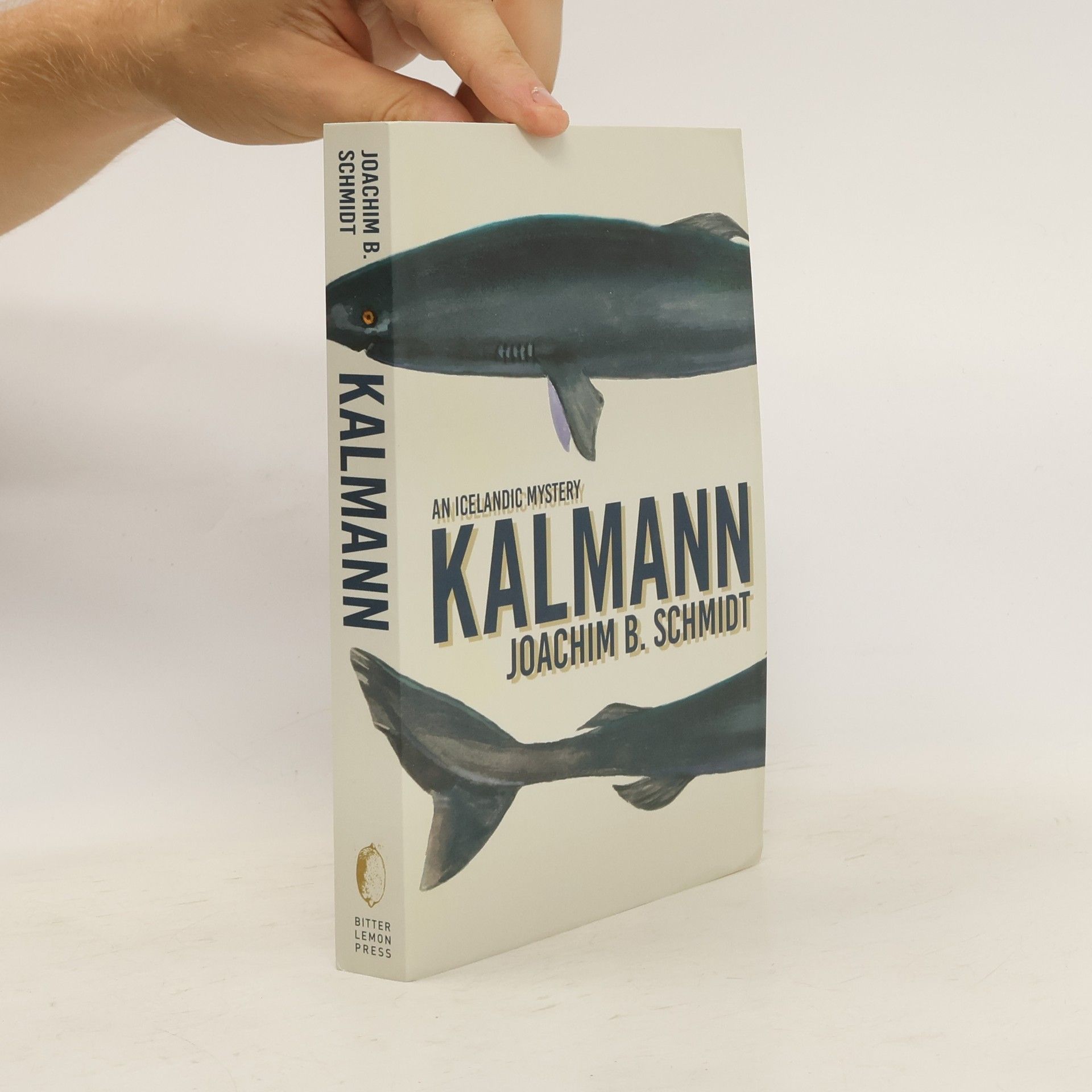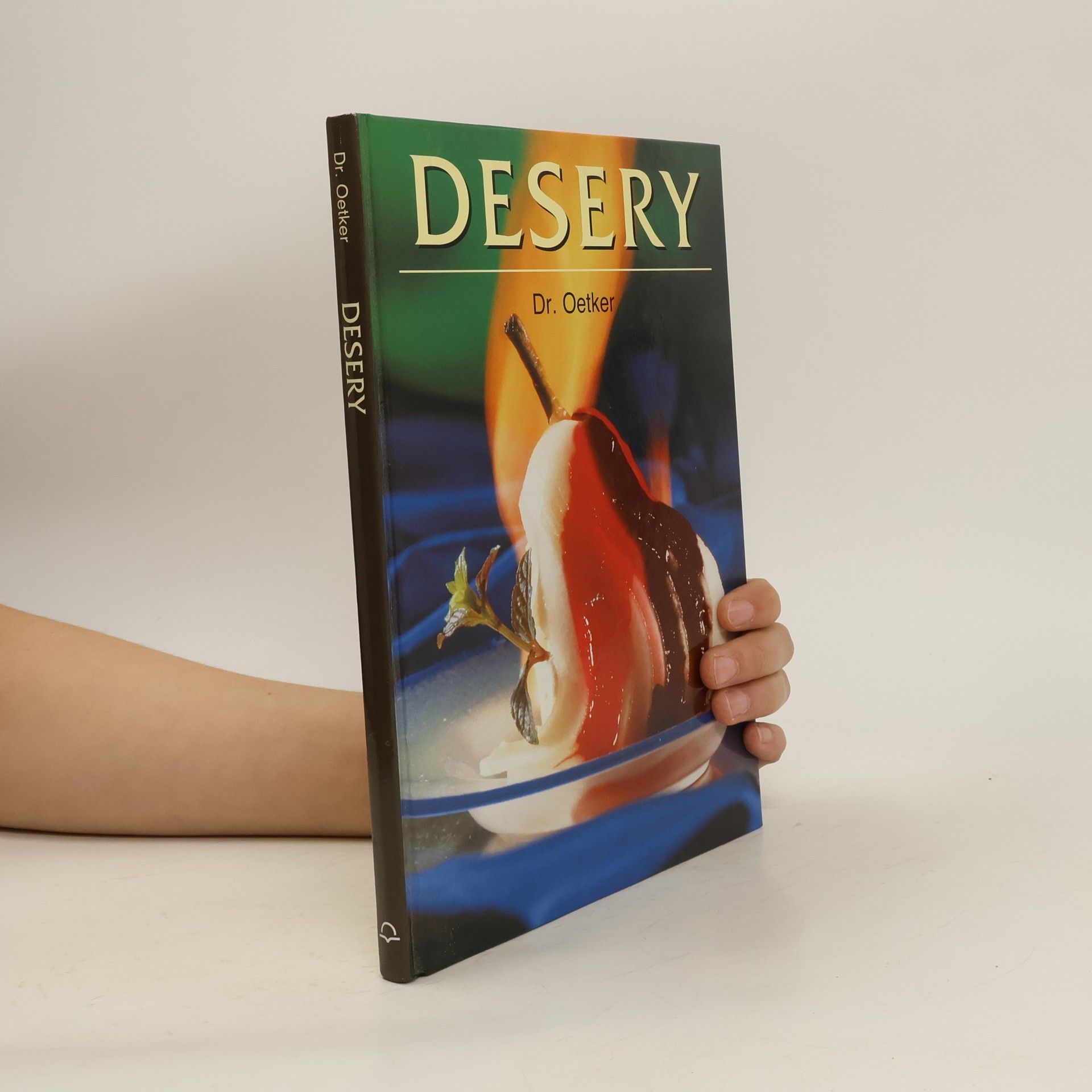Joachim Schmidt-Salzer Book order (chronological)






Rom an der Donau
Fragen Fakten Funde
Im Frühjahr 1900 schenkte ein Eberstädter Landwirt dem Archäologen Wilhelm Soldan ein kleines Terracotta-Kinderköpfchen, das er auf seinem Acker gefunden hatte. Der Fachmann erkannte auf den ersten Blick seinen römischen Ursprung wie die der zahlreichen Ziegel- und Mauerbrocken-Funde, die er bei Ausgrabungen an der Modau gemacht hatte. Der Theologe und Hobby-Historiker Dr. Joachim Schmidt hat diese Eberstädter Ausgrabungs-Schätze, ebenso wie spannende längst vergessene Forschungen dazu, nun wieder entdeckt und intensiv fortgeführt. Die Suche nach »Rom an der Modau« ist eine Geschichts-Reise mit offenem Ausgang. Denn das römische Erdkastell am Steigert, das Soldan gefunden zu haben glaubte, wartet noch immer auf seine Entdeckung.
Lárus, Aushilfe im Altenheim und Taugenichts, trifft auf Grímur, einen ehemaligen Fischer. Der eine hat das Leben noch vor sich, beim anderen geht es zu Ende. »Der Schlächter« wird Grímur genannt, man raunt sich zu, er soll einen Mord begangen haben. Und während Lárus seine Drogendealerei immer mehr aus der Hand gleitet, entwickelt sich eine unwahrscheinliche Freundschaft zwischen dem Alten und dem Jungen – die beide ihre Geheimnisse mit sich tragen.
Kalmann
- 352 pages
- 13 hours of reading
Kalmann is the self-appointed sheriff of Raufarho fn, a sleepy town in northern Iceland. He hunts Arctic foxes and lays shark bait in the sea. But inside Kalmann's head, the wheels sometimes spin backward. One winter, after he discovers a pool of human blood in the snow, the swiftly unfolding events threaten to overwhelm him.
Die unternehmerische Verantwortung des Aufsichtsrats.
- 477 pages
- 17 hours of reading
Die Untersuchung beleuchtet die juristische Verantwortung des Aufsichtsrats und dessen Rolle in der Unternehmenspraxis. Der Autor entwickelt eine Handlungsmaxime, die als Leitfaden für Entscheidungen in Aktiengesellschaften dient. Zudem analysiert er die Überwachungs- und Mitentscheidungsfunktionen des Aufsichtsrats, dessen Organisation und die Qualifikation der Mitglieder. Ein weiterer Schwerpunkt liegt auf den Herausforderungen, mit denen der Aufsichtsrat konfrontiert ist, wie Kapitalmarktkommunikation, aktive Aktionäre sowie Risikomanagement und Finanzierungsfragen.
Die Geburt der Elemente und die Entdeckung der Metalle
Wissen kompakt Band 6
Die Erkenntnisse über die Natur der Elemente zählen zu den bedeutendsten Leistungen der Naturwissenschaften und haben das Verständnis schweißtechnischer Prozesse geprägt. Joachim Schmidt, Diplom-Ingenieur für Schweißtechnik, zeigt, wie die Geburt der Elemente und die Entdeckung der Metalle zu herausragenden Ingenieurleistungen führten und welche Verantwortung sich daraus für zukünftige Generationen ergibt. Die Geschichte der naturwissenschaftlichen Schöpfung, die vor rund 13,8 Milliarden Jahren in Dunkelheit und Kälte begann, wird als die faszinierendste und älteste Geschichte angesehen. Nach der Kernfusion von Wasserstoffatom zu Helium und der Entstehung von Energie und Licht folgte eine lange Phase der Dunkelheit, die Physiker als „Zeit der kosmischen Langeweile“ bezeichnen. Nach 9 Milliarden Jahren entstand die Erde, gefolgt von irdischem Leben vor 45 Millionen Jahren und der Zivilisation vor 6.000 Jahren. Die Entdeckung von Metallen wie Chrom, Eisen, Nickel und Gold hat bedeutende Fortschritte in Wissenschaft und Technik ermöglicht, einschließlich der Schweißtechnik. Das Buch vermittelt diese fundierte Geschichte spannend und prägnant und beleuchtet den ernsthaften Hintergrund der begrenzten Ressourcen der Erde. Der verantwortungsvolle Umgang mit Rohstoffen und der Umwelt ist wichtiger denn je, und es lohnt sich, die Anfänge zu betrachten, aus denen Großartiges hervorging.
Desery
- 127 pages
- 5 hours of reading
Die Feste des Christentums - Kindern erklärt
- 74 pages
- 3 hours of reading
In heiterer, kindgerechter Sprache und mit frechen, unkonventionellen Illustrationen werden die christlichen Feste für Kinder lebendig. Joachim Schmidt lässt vier Kinder aus ihrem Alltag erzählen, der die großen Momente der Feste widerspiegelt. Sachtexte erklären ihre Bedeutung, ihre Symbole und wie wir sie feiern.
Bergedorf, Lohbrügge, Vierlande, Marschlande im Wandel in alten und neuen Bildern
- 109 pages
- 4 hours of reading


